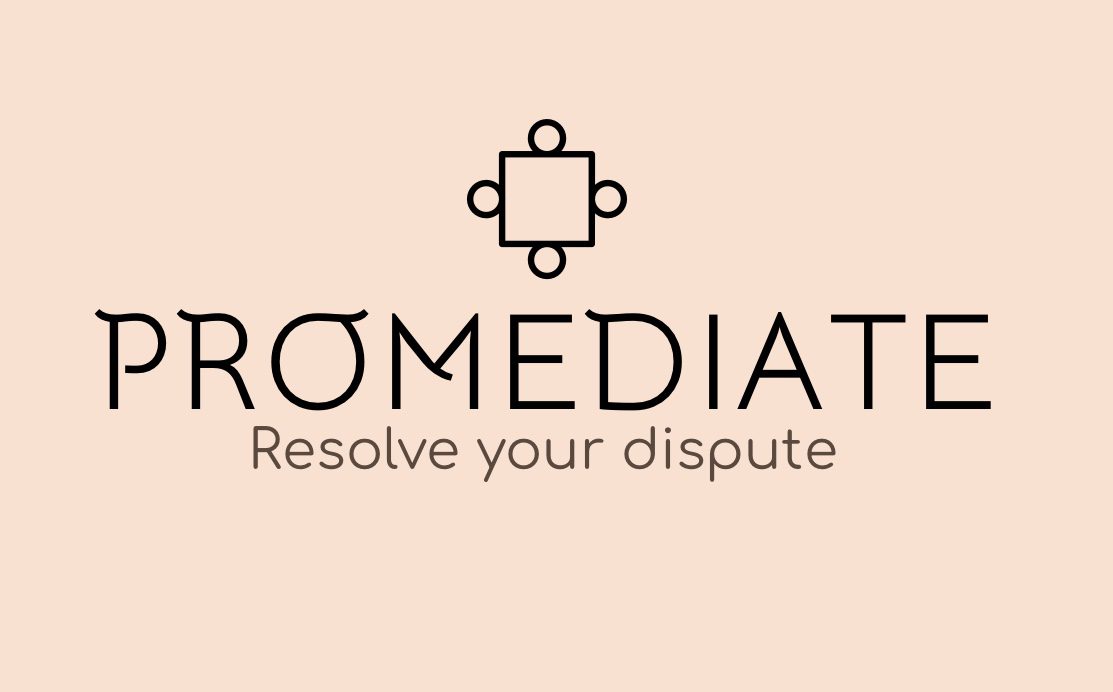It is reported in the press that settlement is an option in the claim against Prince Andrew. This is not surprising. 99% of US civil cases settle so it would not be unusual.
In the UK the statistics are similar and people often try to avoid trial and the costs involved. Litigation can be stressful and time consuming so most people will look at compromising. Settlement does not necessarily involve an admission of liability and can be kept confidential. This is where mediation can come in to its own, with an independent mediator acting as go between and helping to negotiate between the parties.
It is interesting to note that in the long running saga of the claim against Prince Andrew it turns out that the Claimant settled an earlier claim against Geoffrey Epstein for $500,000. It is unusual for a confidential settlement to be published and it seems this has been done because the Claimant agrees and Mr Epstein has died. Presumably the Court has decided its relevance to the current proceedings overturns the confidentiality of the settlement.
Prince Andrew sought to rely on that settlement to argue that the Claimant shouldn’t be allowed to continue with her claim against him.
The problem is that Prince Andrew wasn’t specifically named in that settlement agreement which bound the Claimant amd Mr Epstein.
It is hardly ever the case in our experience for settlement agreements to bind third parties. We often see parties try to include all claims which are known or unknown to those parties in a settlement, which in itself is somewhat dubious in effect. Prince Andrew was not a party to the settlement and gave no “consideration” to the Claimant.
The settlement document does not mention the prince by name, but his lawyers say this 2009 deal means she cannot sue him. The case was also concerning allegations about Mr Epstein in the US state of Florida which is different to the claim against the Prince.
In her 2009 claim against Epstein, the Claimant, Ms Giuffre did mention exploitation by royalty.
In the document, Ms Giuffre agreed to “release, acquit, satisfy, and forever discharge” Epstein and “any other person or entity who could have been included as a potential defendant”.
The settlement’s wording says she discharges “potential defendants” from any US legal action, including damages claims dating “from the beginning of the world”.
In our view the wording is too imprecise to cover the current claim against the Prince.
Whatever the merits of the case, it is damaging to the Prince, even if he is successful at trial and defeats the claim against him. If we were advising the Prince, we would be recommending mediating sooner rather than later, so that the Prince can try to resolve the claim rather than incurring further costs and bad publicity. Surely it makes sense to try to settle the case, which could be done on a confidential basis without any admission of liability?

